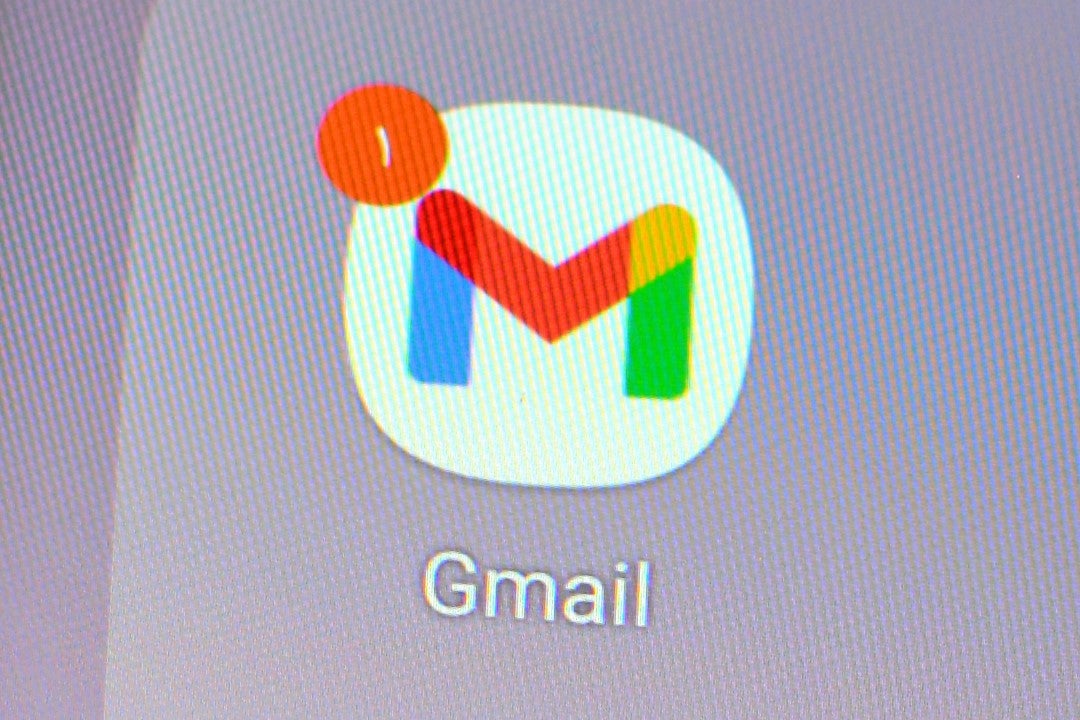Google issues final warning to Gmail account holders
Users warned that documents, emails and photos are all at risk of mass purge

Google will begin deleting inactive Gmail, Photos and Drive accounts from Friday, 1 December, the technology giant has warned.
The purge is part of a major update to the platform, impacting all personal Google accounts that have been left dormant for at least two years.
Millions of accounts may be at risk of being permanently deleted, with some users warning that among those affected could be parents who have set up accounts to share memories and milestones with young children.
Google has already begun warning users that might be impacted, saying in a blog post earlier this year that the policy would come into effect in December 2023.
“We are updating our inactivity policy for Google Accounts to two years across our products,” Ruth Kricheli, Google’s vice president of product management, wrote in a blog post in May.
“This update aligns our policy with industry standards around retention and account deletion and also limits the amount of time Google retains your unused personal information.”
The move is aimed at protecting active Google users from security threats like phishing scams and account hijacking.
Old accounts that have not been used for years are typically at risk from hackers as they may use the same passwords that have been compromised in other security breaches, which are easily available on the dark web.
“Google is gearing up to start deleting millions of inactive users this Friday, across all of its services, including Google Drive and Gmail. It may sound alarming, but you still have time to rescue your files before Google hits the terminate button,” said Alex Tofts, broadband expert at Broadband Genie.
“Cloud services have suffered cybersecurity breaches in the past and this latest measure will not only free up space for the tech giant, but also prevent inactive accounts from becoming compromised by hackers.
“Unfortunately, it does mean that many users who haven’t used their accounts in the past two years will soon lose access to photos and other files that had been stored automatically.”
Any account at risk of deletion will receive “multiple notifications” before any action is taken, Google said, including to any associated recovery email addresses.
The tech giant has already begun sending emails to those affected, telling users it is “to protect your private information and prevent any unauthorised access to your account even if you’re no longer using our services”.
Losing access to a Gmail account could also potentially prevent people from using other online platforms and services that are associated with that email address, even if they are not related to Google.
In order to keep an account active and avoid being deleted, Google users are advised to open or send an email, use Google Drive, download an app on the Google Play Store, or simply make a Google Search while logged in to the account.
Any account that has posted a video to YouTube will also not be impacted, regardless of when it was last active.
Google did not respond to a request for comment from The Independent, or offer any further information about how many accounts may be impacted.
Join our commenting forum
Join thought-provoking conversations, follow other Independent readers and see their replies
Comments

Bookmark popover
Removed from bookmarks